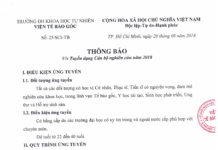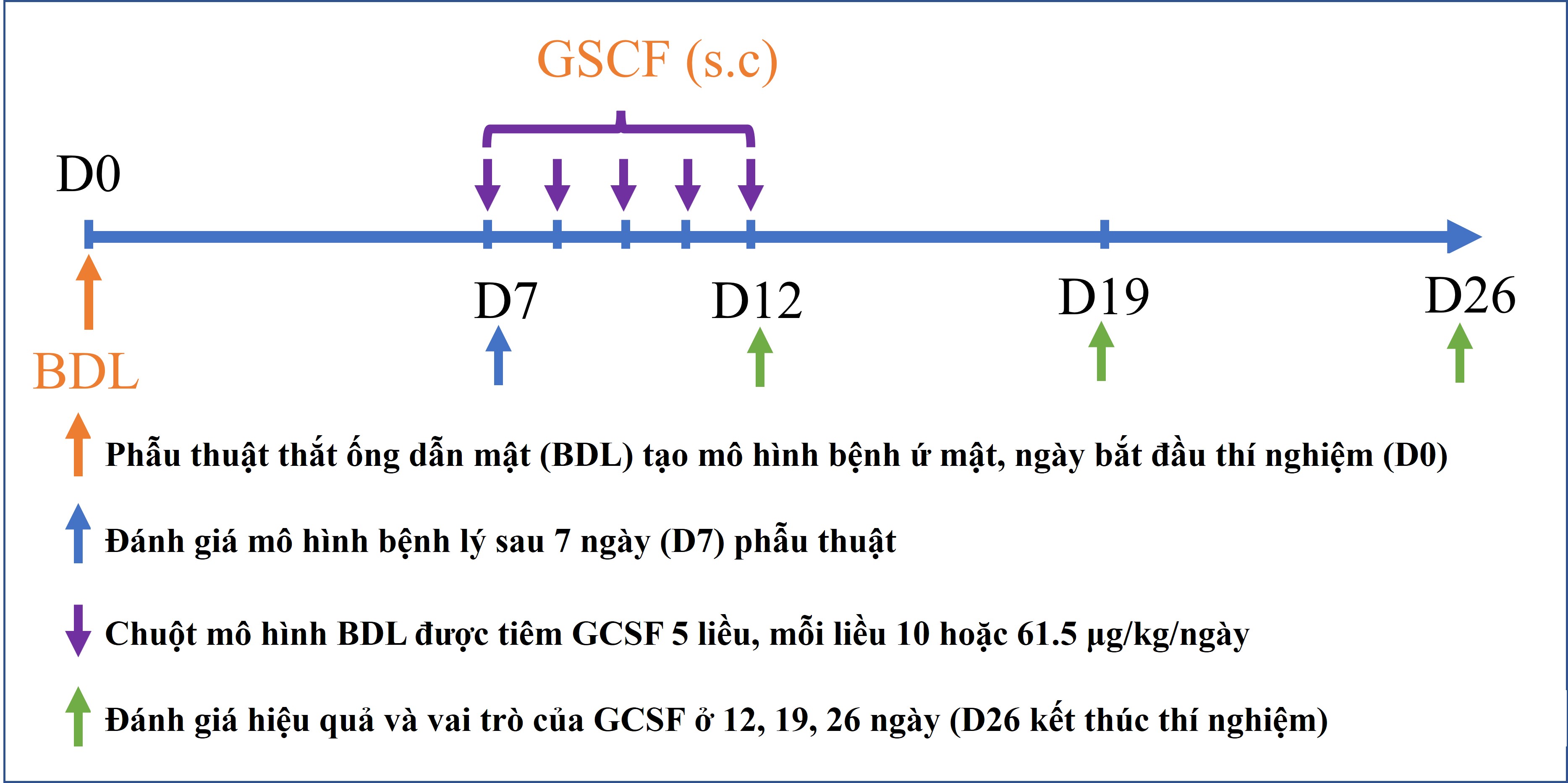A comparison of the chemical and liver extract-induced hepatic differentiation of adipose derived stem cells
Article in In Vitro Cellular & Developmental Biology – Animal · August 2015
Impact Factor: 1.00 · DOI: 10.1007/s11626-015-9939-2
Abstract
Adipose-derived stem cells (ADSCs) have been put forward as promising therapeutics for end-stage liver disease (ESLD). In the present study, we compared the effects of defined chemicals and liver extract on the hepatic differentiation of ADSCs. ADSCs were isolated according to the method described in our previously published study. Subsequently, the differentiation of ADSCs was induced separately by chemicals (including hepatic growth factor (HGF), fibroblast growth factor (FGF), and oncostatin M (OSM)) and liver extract (30 μg/ml) in a total period of 21 d. The efficiency of hepatic differentiation was evaluated by changes in the cell morphology, gene expression, and cellular function. The results showed that the liver extract promoted the hepatic differentiation of ADSCs to a significantly greater extent than the chemicals. In the group of ADSCs treated with liver extract, changes in the cell morphology began sooner, and the expression of alpha-FP and albumin genes was higher than that in the chemically treated group. The ADSCs in both the groups stained positive for anti-alpha trypsin (AAT) and albumin markers. The cells also exhibited glycogen storage capacity. Therefore, we concluded that the liver extract could efficiently induce the differentiation of ADSCs into hepatocyte-like cells. This study reveals the potential of mesenchymal stem cell differentiation in the liver extract, which supports further preclinical and clinical research on the application of ADSCs in ESLD treatment.




